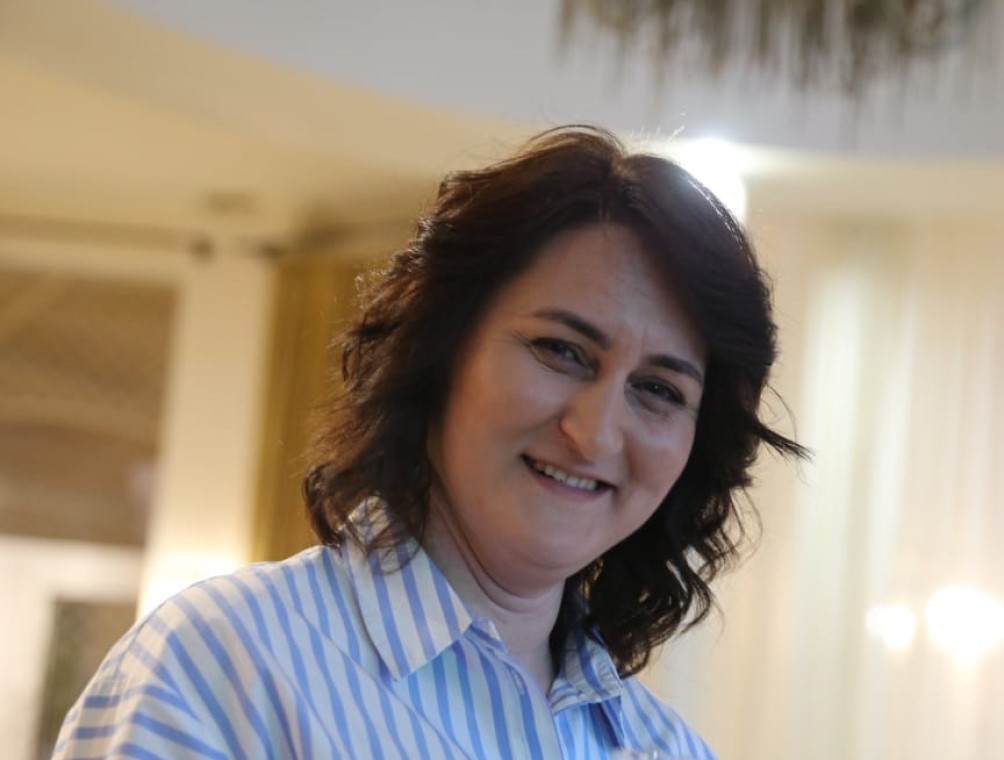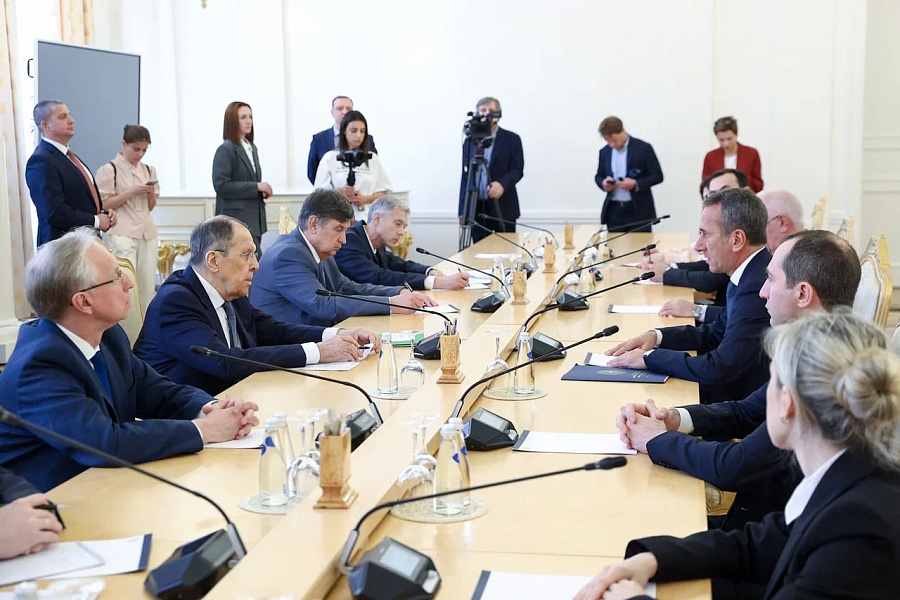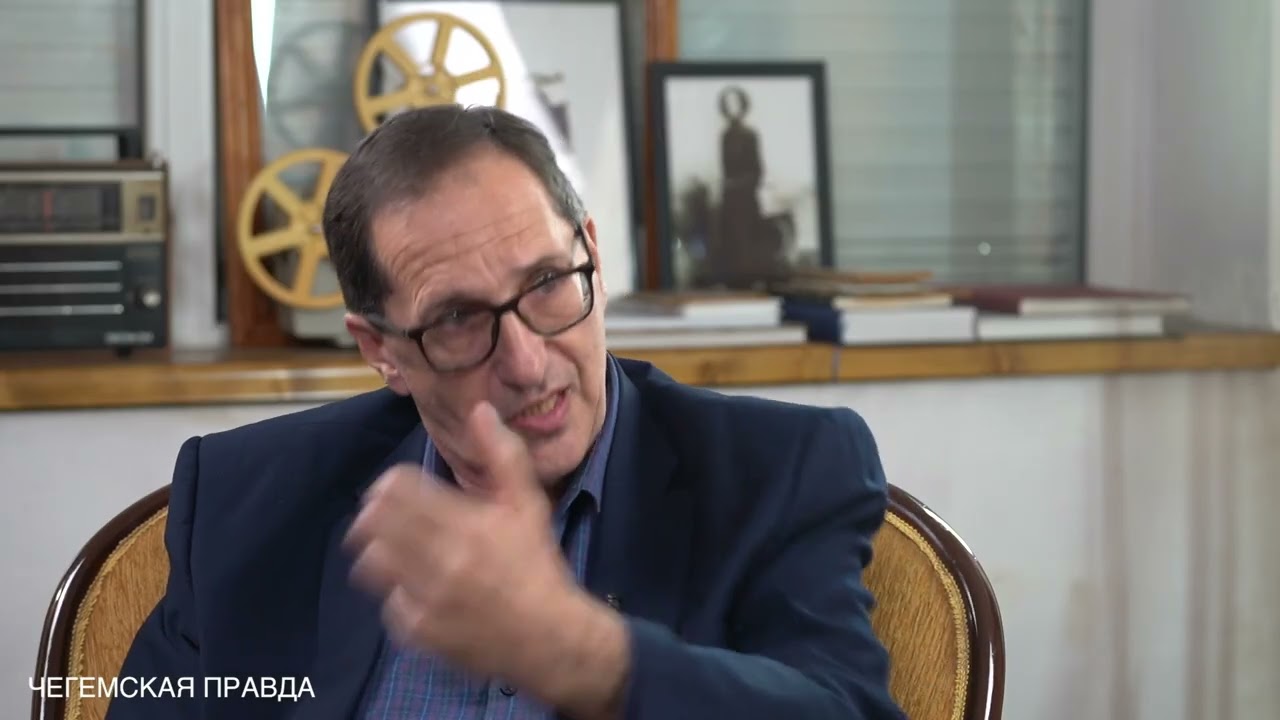Abkhaz in Georgian literature
Sukhumi-born writer Guram Odisharia discusses the interconnection between Abkhaz and Georgian cultures and literature. What do they say about each other?
“Rarely has anyone received as many compliments as the Abkhazians in Georgian literature,” says writer Guram Odisharia.
His narrative delves into the portrayal of Abkhaz and Georgians in each other’s culture and art while exploring the potential of literature, theater, and cinema as means to transcend obstacles.
Additionally, the writer contemplates the unifying power of art and the intricate relationship between Georgian and Abkhaz cultures.
The complimentary attitude towards Abkhaz in Georgian literature and culture “dates back to the Middle Ages,” Odisharia says.
“A refined man like an Abkhaz, a man of his word like an Abkhaz, elegant like an Abkhaz – an Abkhaz man in the Georgian imagination has always been a symbol of a moral person living by an unwritten law”, notes the writer.
Guram Odisharia, who was born and grew up in Abkhazia, also remembers the attitude of the Abkhaz society towards Georgians.
“If a Georgian and an Abkhaz created a family, both the Abkhaz and Georgian sides would be proud, and this is no exaggeration,” the writer recalls.
“After the war, the dialogue between us became very difficult,” says the writer, “however, at that time poems were written in Abkhaz poetry that something terrible happened to us because of this war.”
“In Abkhaz literature, concerning Georgians, it can be seen that we have the most closeness with values – what is love, what is loyalty, what is cruelty, and pain…”, says Odisharia.
“That’s why this war was such a tragedy and that’s why there was such confusion around it,” concludes the writer.
Speaking about the situation after the war, Odisharia notes that “reprimands leaked into the Abkhaz literature” because of the tragedy between the Georgian and Abkhaz people. “They expected us to avoid this war,” the writer thinks.
“After the end of the war, the most difficult thing is to restore relations, and one of the most important tools in this direction is culture, art, and literature,” concludes Odisharia, who also talks about the projects he is currently implementing together with his Abkhaz colleagues.


